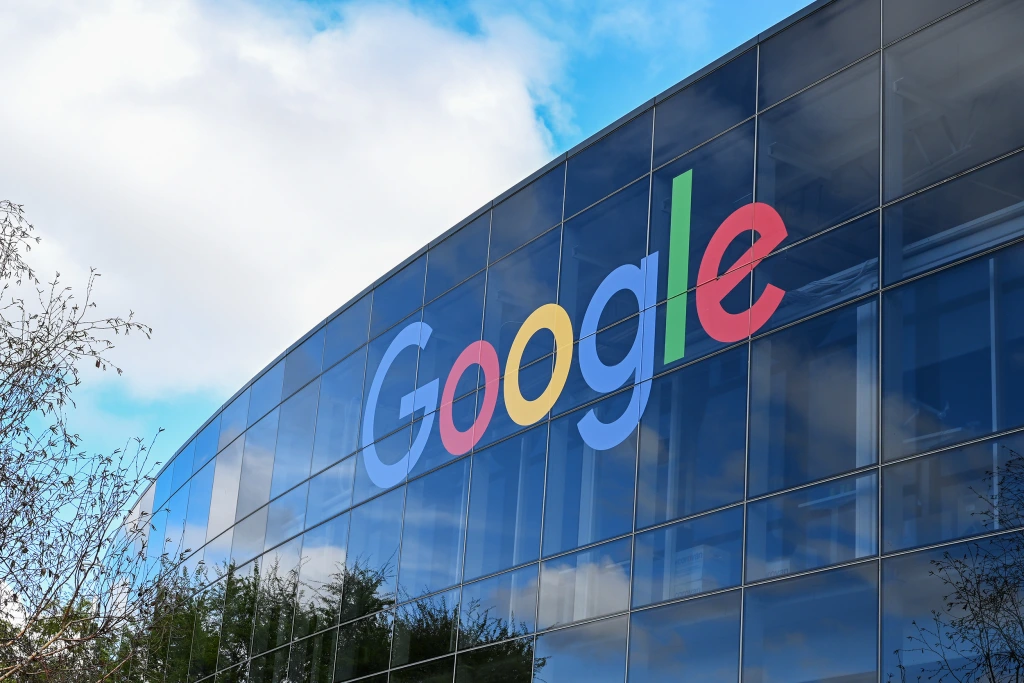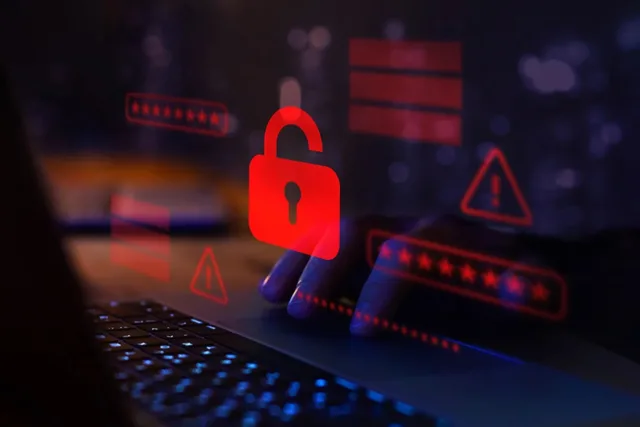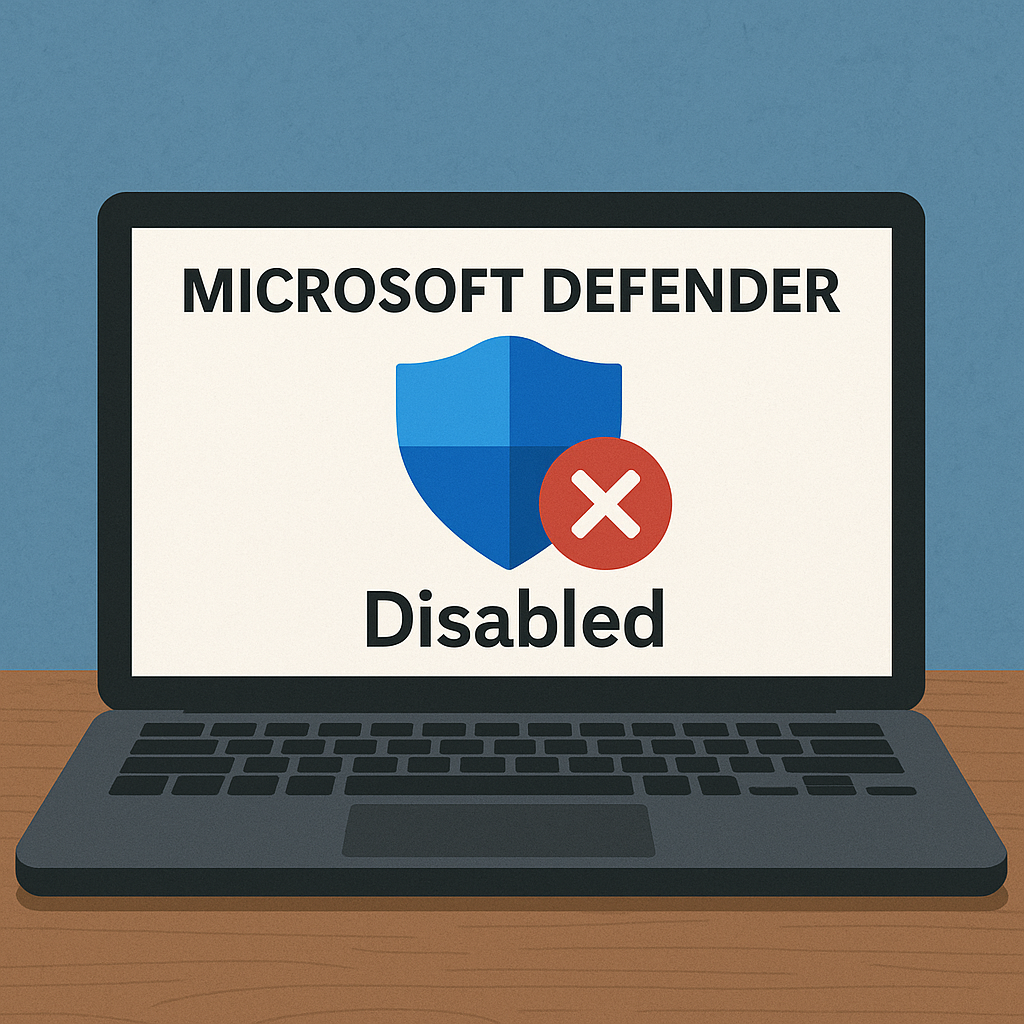
Google is alerting 2.5B Gmail users to change their passwords after a major Salesforce data breach.
Google has sounded an urgent alarm for 2.5 billion Gmail users after a major Salesforce breach put accounts at risk. Hackers linked to the ShinyHunters group tricked a Google employee into approving a malicious Salesforce app. They stole user contact data (not passwords) and are using it to launch large-scale phishing campaigns.
The Breach and Phishing Campaigns
Scammers impersonated IT staff to get a malicious app into Google’s Salesforce system. This gave them access to billions of Gmail contact details. That stolen data is now fueling sophisticated phishing campaigns: users report a surge of fake Google emails, calls and texts asking for login codes or password changes. Even without stolen passwords, these combined tactics make it easier for attackers to hijack Gmail accounts.
How Hackers Bypass Security
Phishing and social engineering are the main threats right now. Attackers send emails that mimic Google and link to bogus login pages. If you enter your Gmail password or two-factor code on those pages, you hand your account to the attacker. Scammers may also call or email claiming to be Google support, urging you to “verify” your account or fix a non-existent problem immediately. Google notes that many users rarely update their passwords, leaving accounts exposed to these tricks.
How to Protect Your Gmail Account
Follow these essential steps to secure your account right away:
- Use a strong, unique password: Change your password if you haven’t recently. Use a long, random passphrase and avoid repeating it on other sites.
- Enable two-factor authentication (2FA): Turn on 2FA so login requires both your password and a code from your phone or an authenticator app. This extra step blocks attackers even if they know your password.
- Beware of phishing: Be skeptical of any email or message asking for personal information. Remember, Google will never ask you for your password or 2FA code directly. Do not click links or enter credentials on suspicious sites.
- Review account activity: Periodically check your Gmail’s login history and connected devices. Remove any unknown apps or devices. Quick action can prevent a small incident from becoming a full breach.
Why It Matters for You
Your Gmail account often contains sensitive personal and financial information. If it’s compromised, attackers could read your emails, impersonate you in scams, or try to access your other accounts. A hijacked Gmail can lead to stolen data, fraudulent emails to your contacts, and even identity theft.
Businesses also face risk: an employee’s hacked Gmail might expose corporate systems. Companies should enforce strong password policies, mandatory 2FA and security training to keep their data safe.



